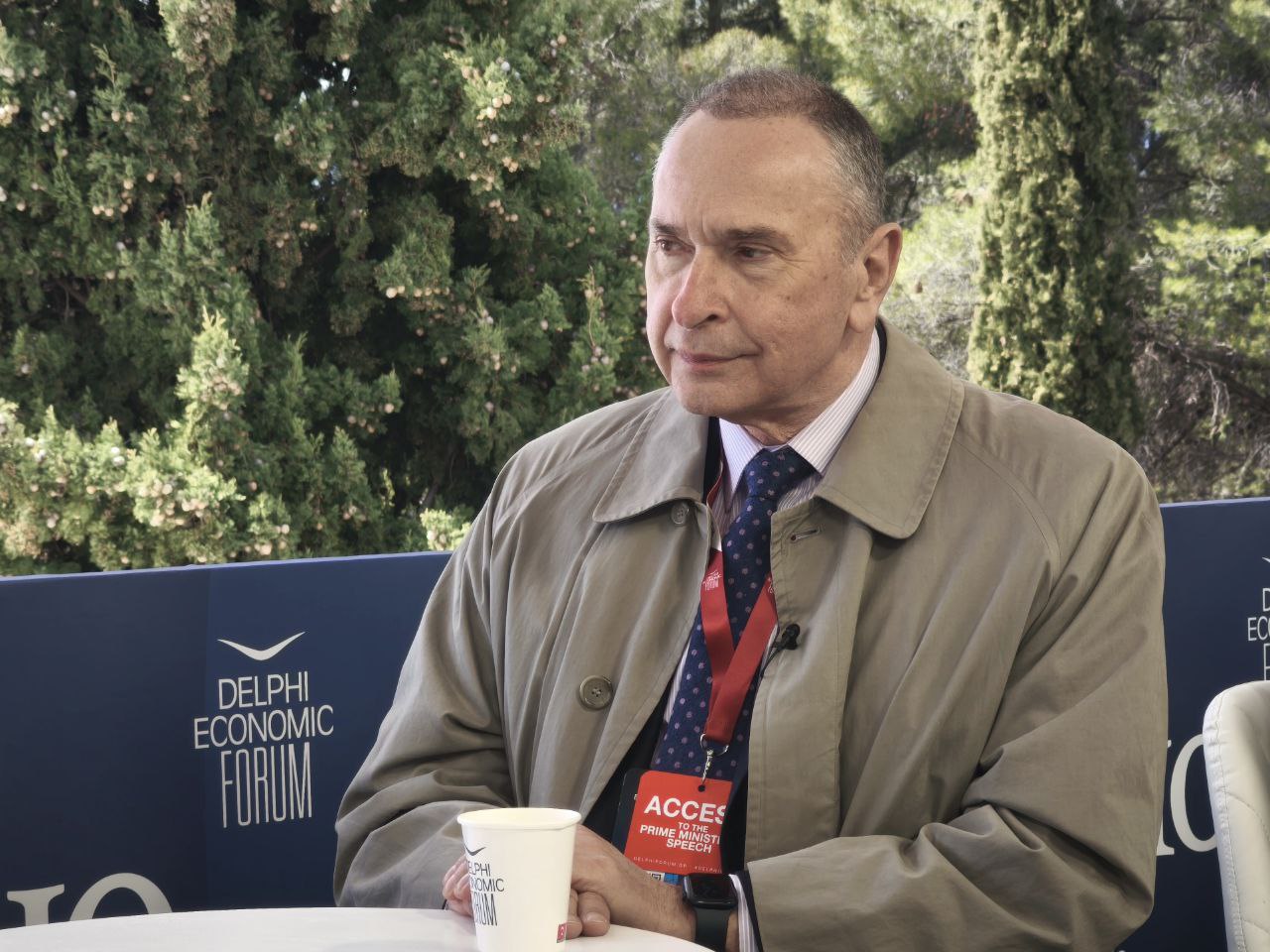
Athanasios Platias, emeritus professor of strategic studies at the University of Piraeus and president of the Council of International Relations, said the world was in a “new cold war” responding to questions fielded by OT during a talk at the Delphi Economic Forum X that commenced today.
“We are in a new Cold War,” the professor pointed out, claiming the two poles were the United States and China. “[They] are in constant competition. And in fact, this is more intense than the first Cold War, because today the economies are interconnected due to supply chains.”
He adds that this new cold war had shifted from the land to the sea. “While the first Cold War took place on land, the second has shifted to the seas, causing a geodynamic restructuring, with the emphasis on the U.S. and China and a competition that has many dimensions. To address this, disengagement is necessary, which is painful,” he commented.
What causes turmoil in the global economy is globalization and how economies are interconnected. In this global order, the U.S. is trying to create disincentives for China, triggering a trade war. “Clearly, with 104% tariffs, there can no longer be trade, either from China to the West or to the U.S.,” he explained.
Europe
For the U.S. to focus on Southeast Asia, they need to withdraw from Europe, a development that alarms the Old Continent. “Everything is connected. Europeans don’t think they are so vulnerable defense-wise, but if there’s no Russian threat, they can’t convince their public that there’s a need for defense spending. This possibility, however, leads to a restructuring,” Platia noted.
Trump’s Rhetoric – How Will Europe Respond?
Commenting on Donald Trump’s rhetoric and actions vis-à-vis Europe, Platias explains that while the U.S. prepares to leave Europe and focus on Asia, Europeans are compelled to spend more on defense. At the same time, there is a cultural war—such as the U.S. claiming that Europeans are not democrats,” creating an overall image that causes panic.
The result? “Europeans will be forced to take measures and add a security dimension to the Union. They are reacting to Trump’s rhetoric, so U.S. policy seems to have succeeded, as they are doing what the U.S. has pressured them to do for decades: investing in defense through ReArm Europe, with Ukraine ultimately proving to be the catalyst,” Platia explained.
The U.S. is now trying to end the wars. As Platias points out, Ukraine has brought Russia and China into an axis that is not easily broken because it has depth. The U.S. is trying to dismantle it by offering Russia a victory, something China cannot do.
ReArm Europe – Rethinking European Defense Security
The professor explains that with the shift of U.S. policy Europeans will have to adjust whether they are ready or not. “They will be forced to. The entire European model, which had a social welfare state, calm, and stability, is changing. By increasing defense spending to 3-3.5%, there will be a dramatic redistribution of resources across member states, which will obviously divert funds from social spending. This will lead to destabilization and push for populist ideologies.”
“Clearly, countries like France and Germany will benefit, as they have an industrial base for the production of weapons systems,” he concluded.
Follow the numerous interviews with the speakers at the Delphi Economic Forum X, including high-profile academics, economists, politicians, and experts on topics ranging from finance, politics, global affairs, etc.
Source: tovima.com
Latest News

Mayor of Athens Announces Strategy to Address Housing Crisis
Athens Mayor Haris Doukas outlined a series of municipal interventions aimed at tackling the housing crisis during a public event co-hosted with the University of Athens
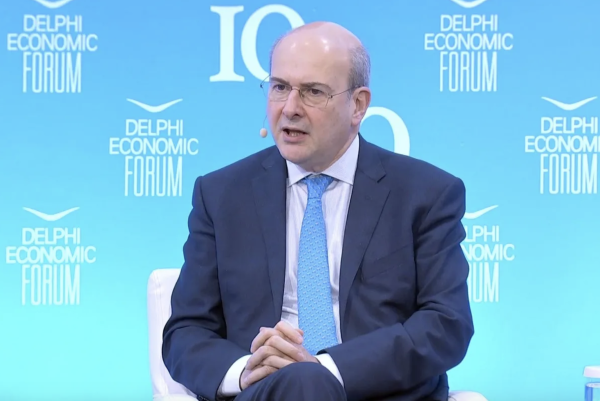
Hatzidakis at Delphi Forum: Train Reform Bill to Cabinet on April 28
The Deputy Prime Minister stated that a draft bill concerning the Hellenic Railways Organization (OSE) will be brought before the cabinet on April 28
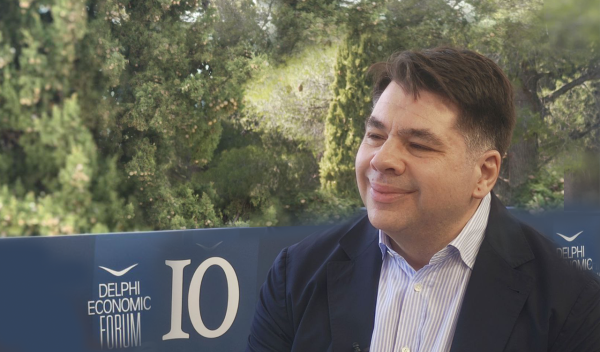
George Tsunis at the Delphi Economic Forum X: ‘Greece Is Important to the United States’
In his interview with OT, former U.S. Ambassador to Greece George Tsunis emphasized that “strong economies create stability, and stability fosters peace.”
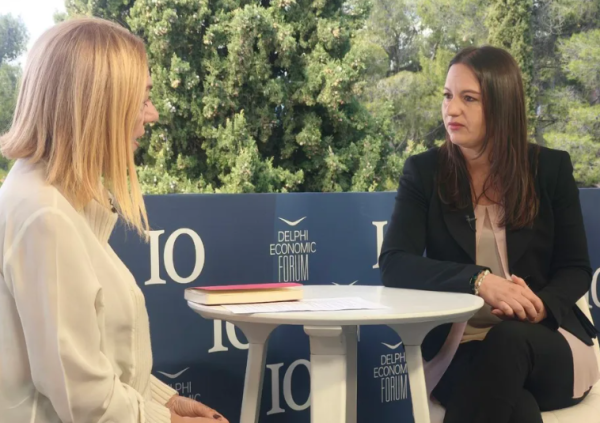
Airbnb Exec to To Vima: Short-Term Rentals Help Greece, But Regulation Needed
At the Delphi Economic Forum X, Valentina Reino, Airbnb’s Head of Public Policy for Southern Europe spoke to Editor-in-Cheif of TO BHMA International Edition Odin Linardatou about key issues affecting the platform—ranging from the housing crisis and over-tourism to taxation and U.S. tariffs.
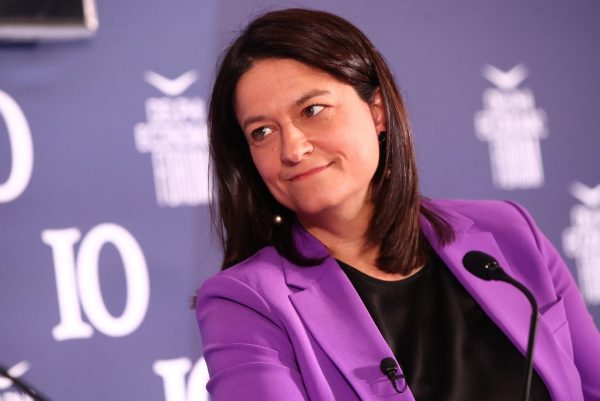
Minister Kerameus Unveils Plans for Labor Market Reforms at Delphi Forum
A new labor bill that aims to significantly simplify procedures in the labor market is currently being prepared by the Ministry of Labor and Social Security, claims Minister Niki Kerameus.
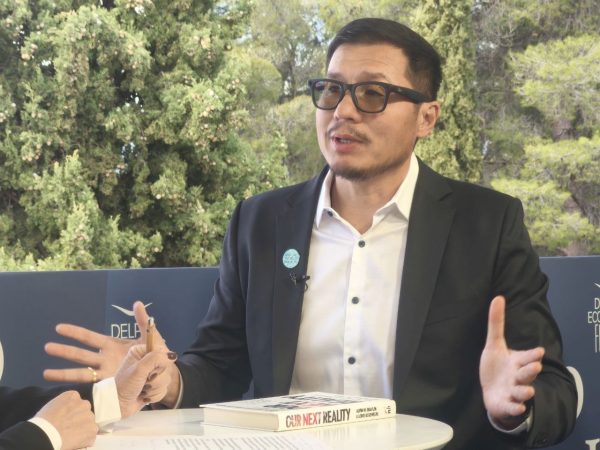
Delphi Economic Forum X – Tech. Exec., Author Alvin Graylin Talks to To Vima
Graylin argues that throughout history, virtually all technologies have made humanity more efficient, adding that technology has always traditionally functioned as a tool—something a human uses to perform a task better or faster.
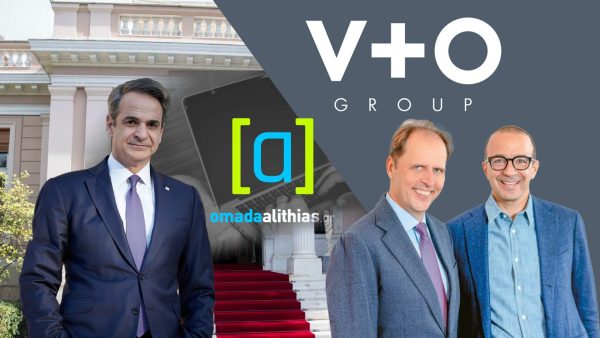
New institutionalized misconduct by ND brought to light – Covert propaganda and character assassination mechanism exposed, operated through Blue Skies by Varvitsiotis and Olympios with direct link to Maximos and Mitsotakis»
A damning investigation by Inside Story, an independent Greek investigative outlet, has exposed what appears to be a covert propaganda network operating at the heart of Greece’s ruling party, New Democracy (ND)
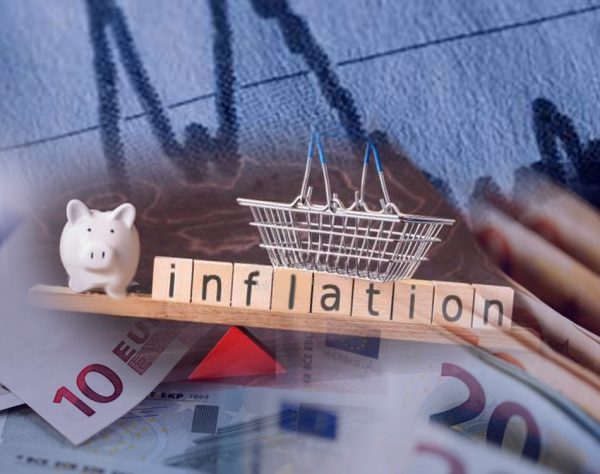
Inflation in Greece Eases to 2.4% in March 2025, Says ELSTAT
Rents have surged by more than 10% over the past year, and electricity prices have followed a similar trajectory.
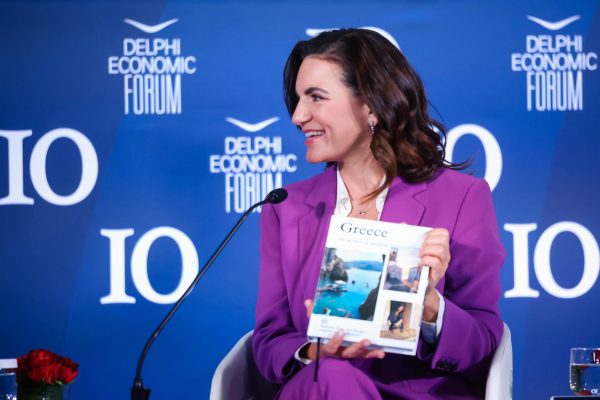
Greece Eyes New Tourist Markets, Says Minister at Delphi Forum
The Greek Tourism Ministry is aiming to tap into new markets such as India, the UAE, China, as well as increase its share in the US West Coast
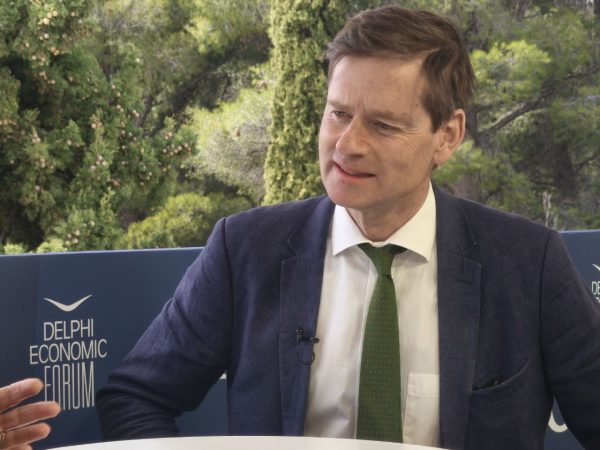
Delphi Economic Forum X 2025 – FT Journalist Alec Russell Talks Ukraine, Populism and Trump
Alec Russell, journalist and head of foreign correspondents at the Financial Times, described Trump as a “master of unpredictability.”

























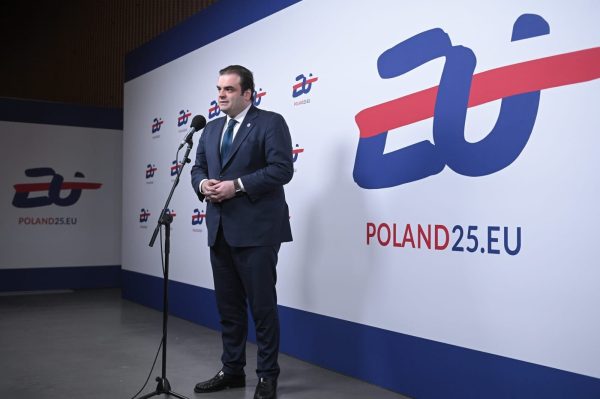
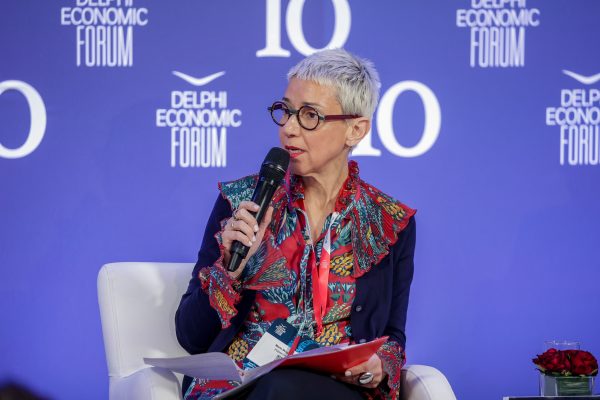

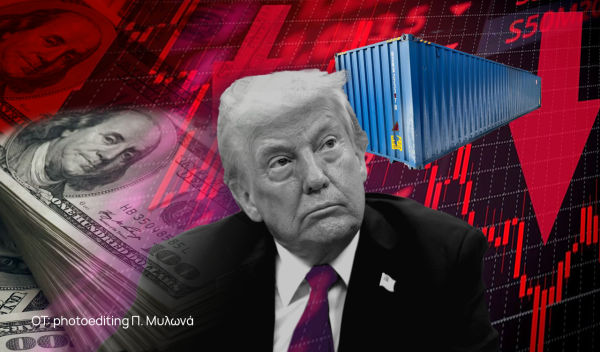
![ΗΠΑ: Σύγκρουση συμφερόντων για τον «πολύ» Ιλον Μάσκ [γράφημα]](https://www.ot.gr/wp-content/uploads/2025/03/trump-musk-1-600x397.jpg)
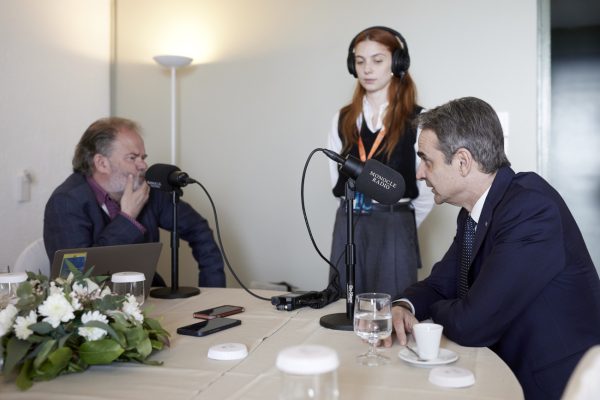
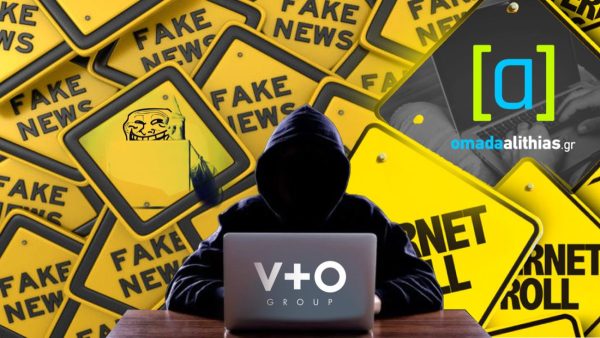
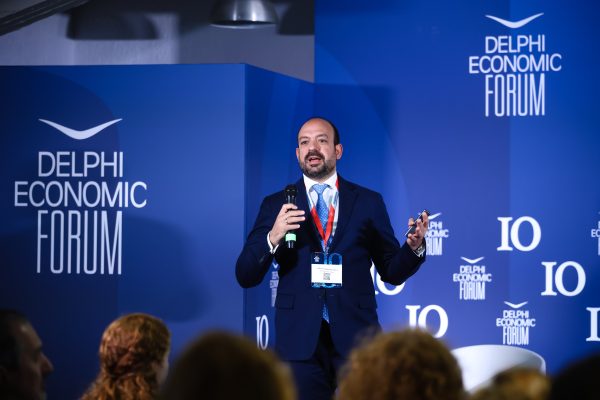

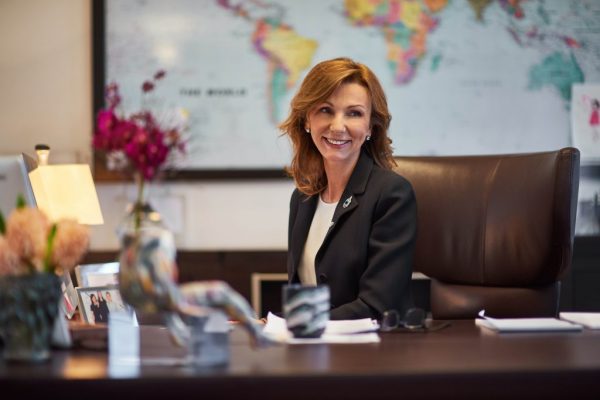

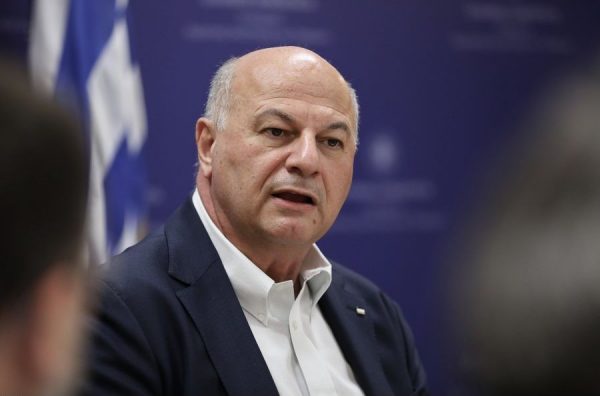
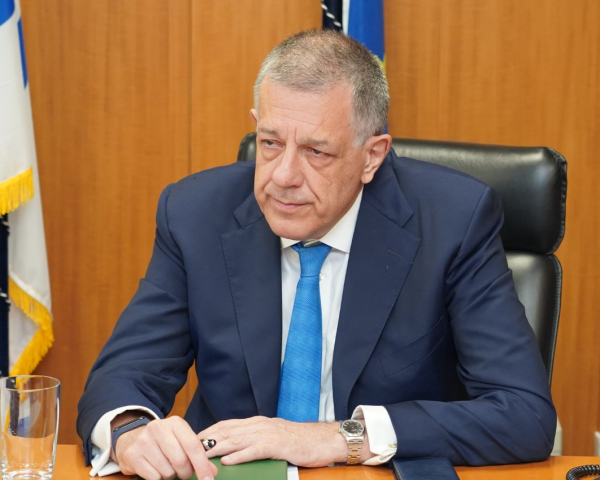


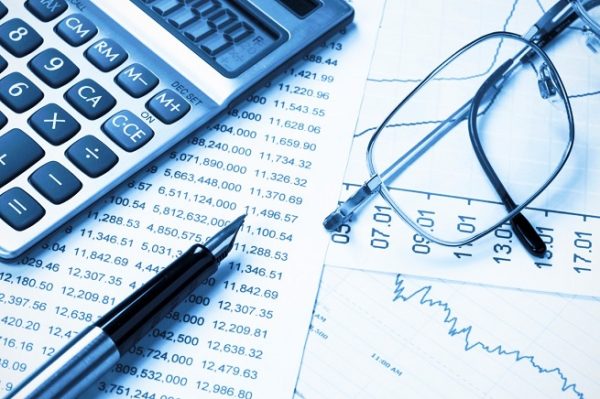
 Αριθμός Πιστοποίησης
Αριθμός Πιστοποίησης